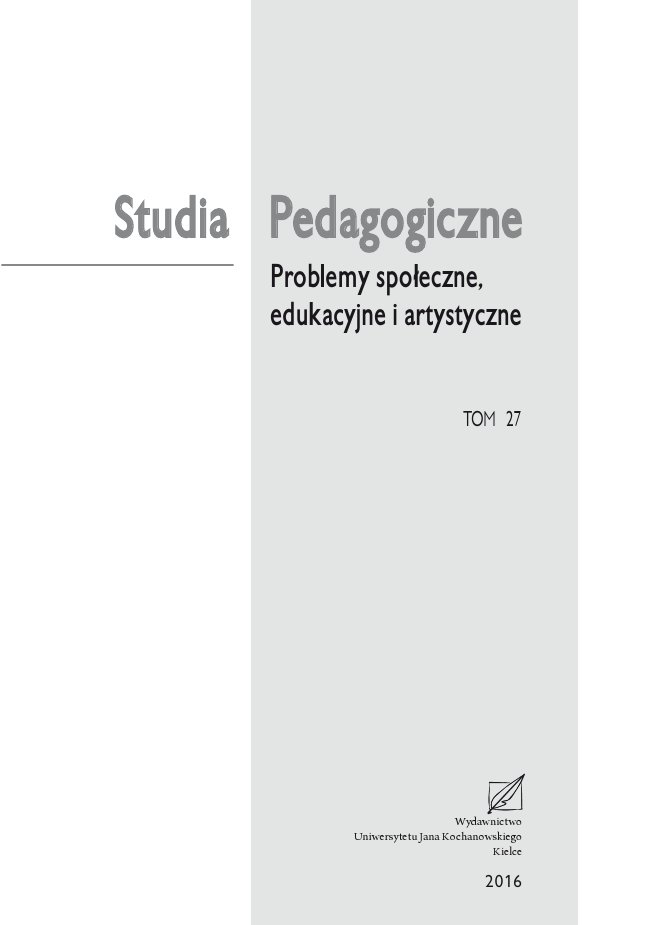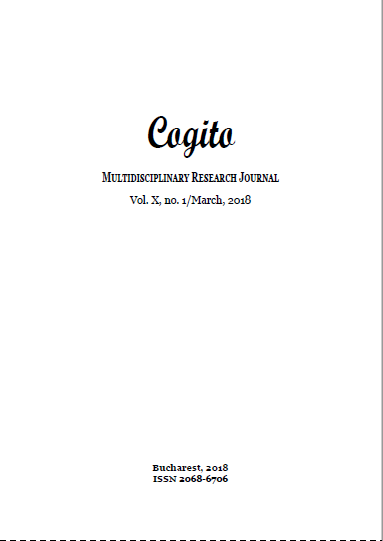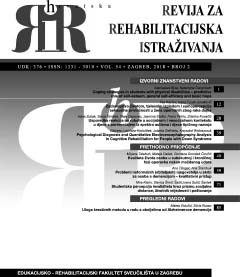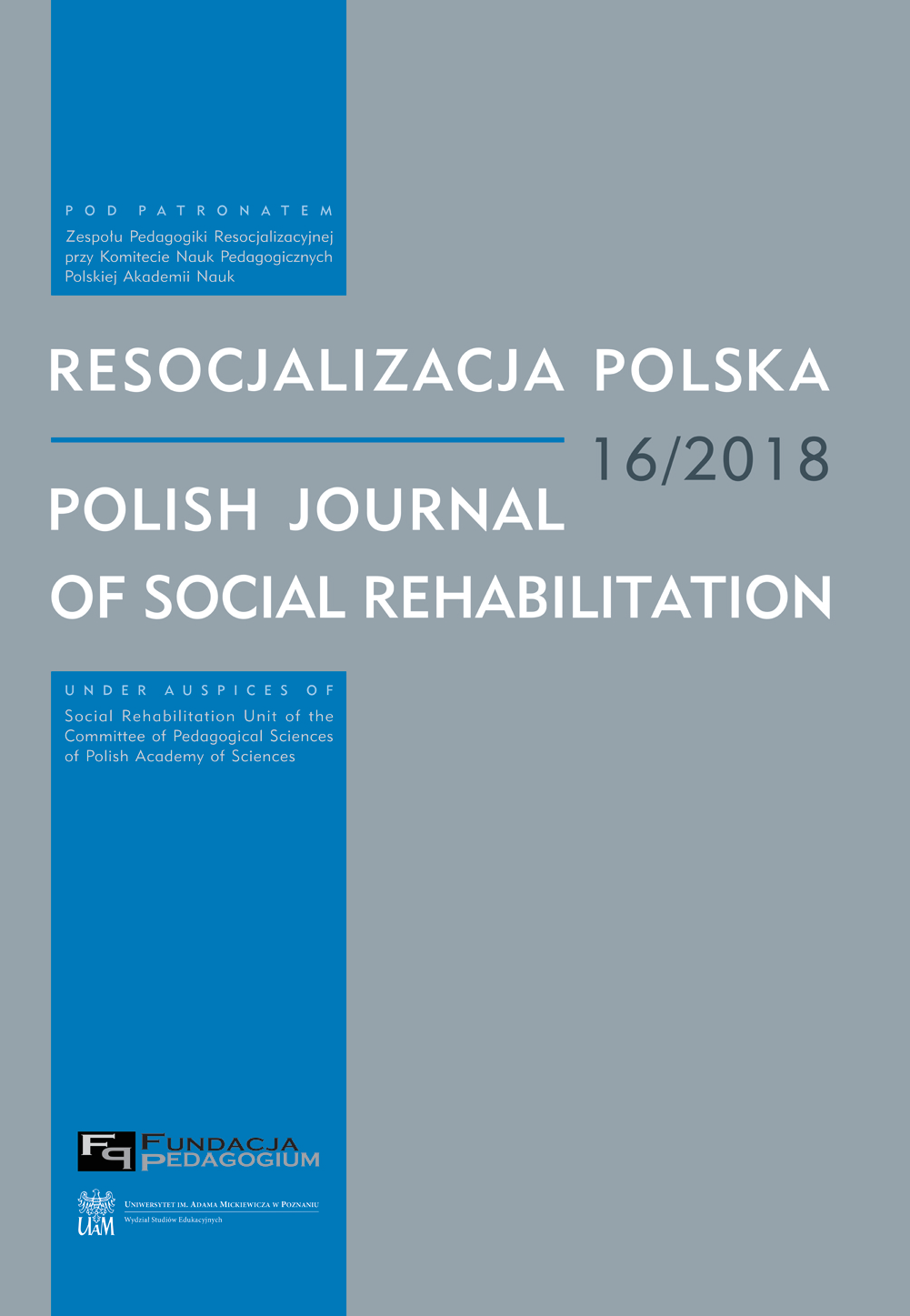
Ludzkie „Ja” w filozofii Emmanuela Levinasa i w Schizofrenii Antoniego Kępińskiego
Trust is a significant component of social capital. The notion is also important in economics, and has been investigated by psychologists and sociologists, too. The findings of the latter disciplines may and should be useful not only in economics but also in anthropology and metaphysics, which are able to provide answers to the fundamental questions about the roots of human honesty, confidence and willing¬ness to help. Behind this question there is another one: what is the human Self, which is able to trust in and to provide the necessary support to the Other if needed, and how is it formed? The author of the article answers these questions with reference to the ideas of two eminent contemporary thinkers, Emmanuel Levinas (1906–1995) and Antoni Kępiński (1918–1972). Capturing the consistencies, similarities and differences between Kempiński’s description of the situation of a person with schizophrenia and the anthropological vision of Levinas’ philosophy is possible thanks to a scheme composed of three elements: the Self, the border, and the space-time order and hierarchy of values. If the Other is perceived as someone responsible for the Self, then it gives birth to trust of the Self in the Other, i.e. a strong conviction that the Other will not fail and is utterly honest with regard to the Self. Such a conviction is the foundation on which the Self builds a relationship with the Other. In this way, social capital, which is vital for the further development of society, is created. The capital is interfused by trust being the variable without which it is impossible to explain many economic phenomena.
More...











